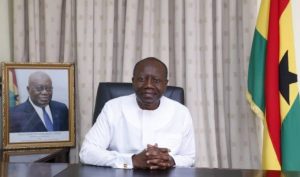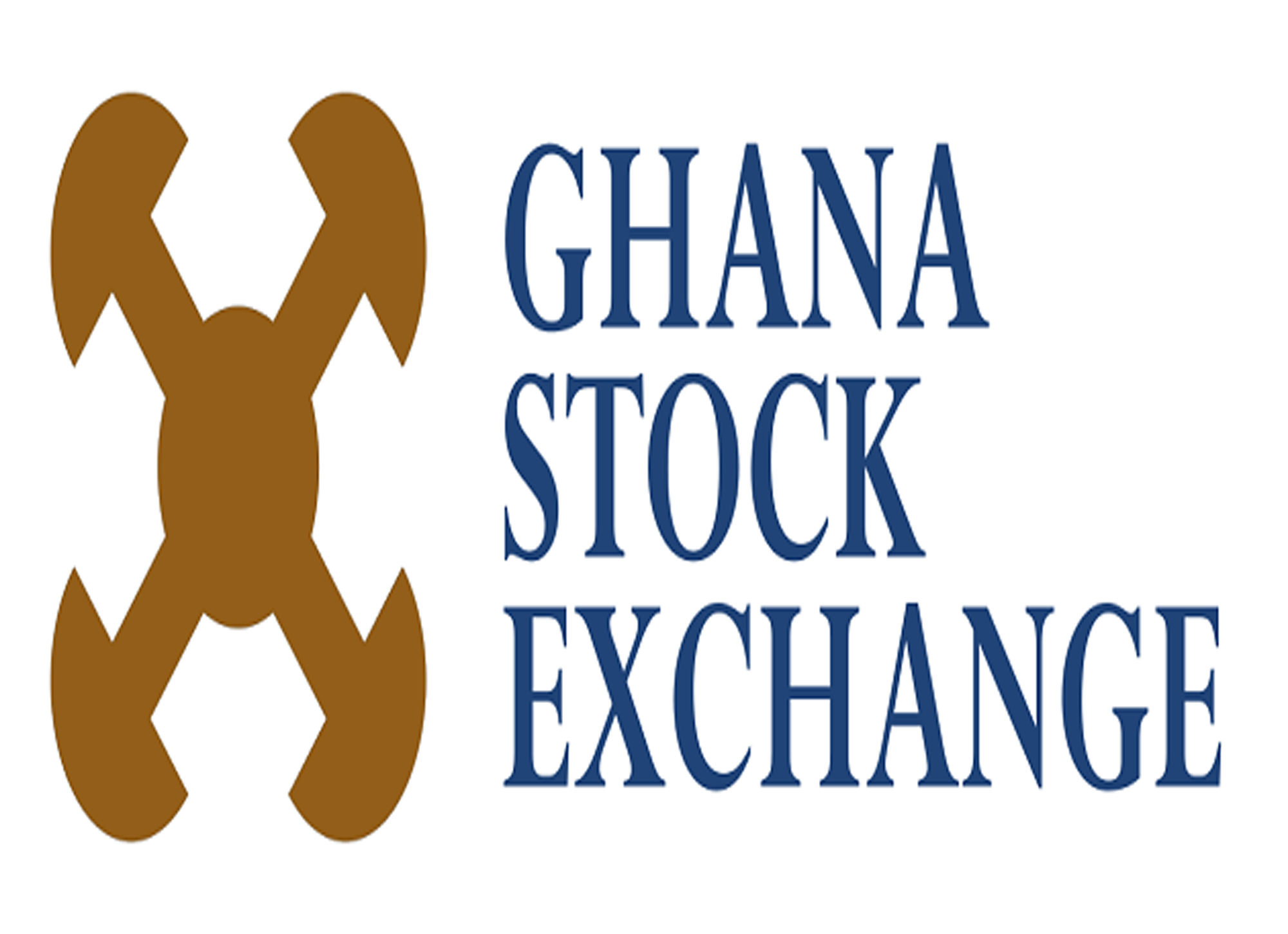Ghana’s capital market has indeed some good level of activities from 2016. This has partly been driven by the emergence private pension funds which have grown quite well in the last 5-6 years. It could also be partly due to government initiatives taken to develop the market.

The Finance Minister in the mid-year budget referred to some initiatives in 2017 meant to deepen the capital market, increase liquidity and trading activities as well as encourage more companies to list.
Within the period government issued a 15-Year Fixed bond, as part of efforts to lengthen the maturity profile of the domestic debt market. This currently serves as a reference benchmark for pricing of corporate issuances. The Ghana Stock Exchange (GSE) completed an interface of the E-bond Trading platform, used for trading fixed income securities, with the depository system of the Central Securities Depository (CSD) to facilitate straight processing of E-Bond transactions.
In 2017, listed fixed 10 income securities on the Ghana Fixed Income Market (GFIM) recorded GH¢28.71 billion in value traded, compared with a value of GH¢15.60 billion in 2016. Out of the 2017 value of GH¢28.71 billion, six (6) percent was executed on the E-Bond Trading Platform, compared to 10 percent in 2016. The year ended with 36 equities on the main equity market, four (4) equities on the Ghana Alternative Market, one (1) preference share, one (1) exchange traded fund and one (1) Depository share.
The minister confirmed that the Collective Investment Scheme (CIS) funds under management recorded a rise of 91.5 percent from GH¢1.13 billion in 2016 to GH¢2.2 billion in 2017. According to him, government has also amended the Income Tax (Amendment) Act, 2017 (Act 941), to exempt gains on investment from taxation for 2 years. The Securities and Exchange Commission (SEC), together with Ministry of Finance, has developed relevant guidelines to strengthen SEC’s capacity to effectively supervise activities of the capital market industry.
www.ghanatalksbusiness.com



